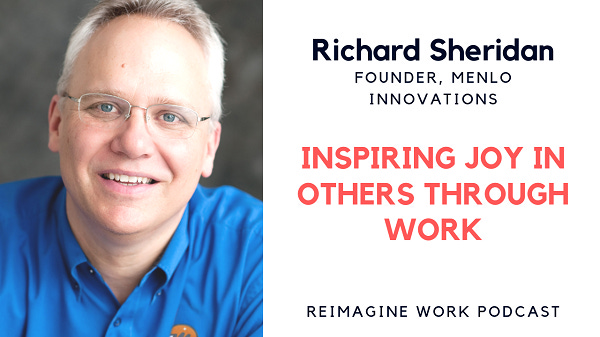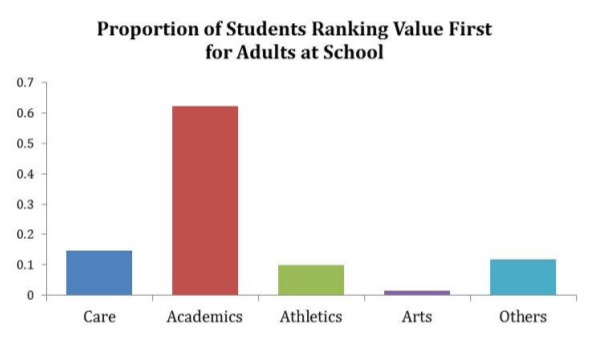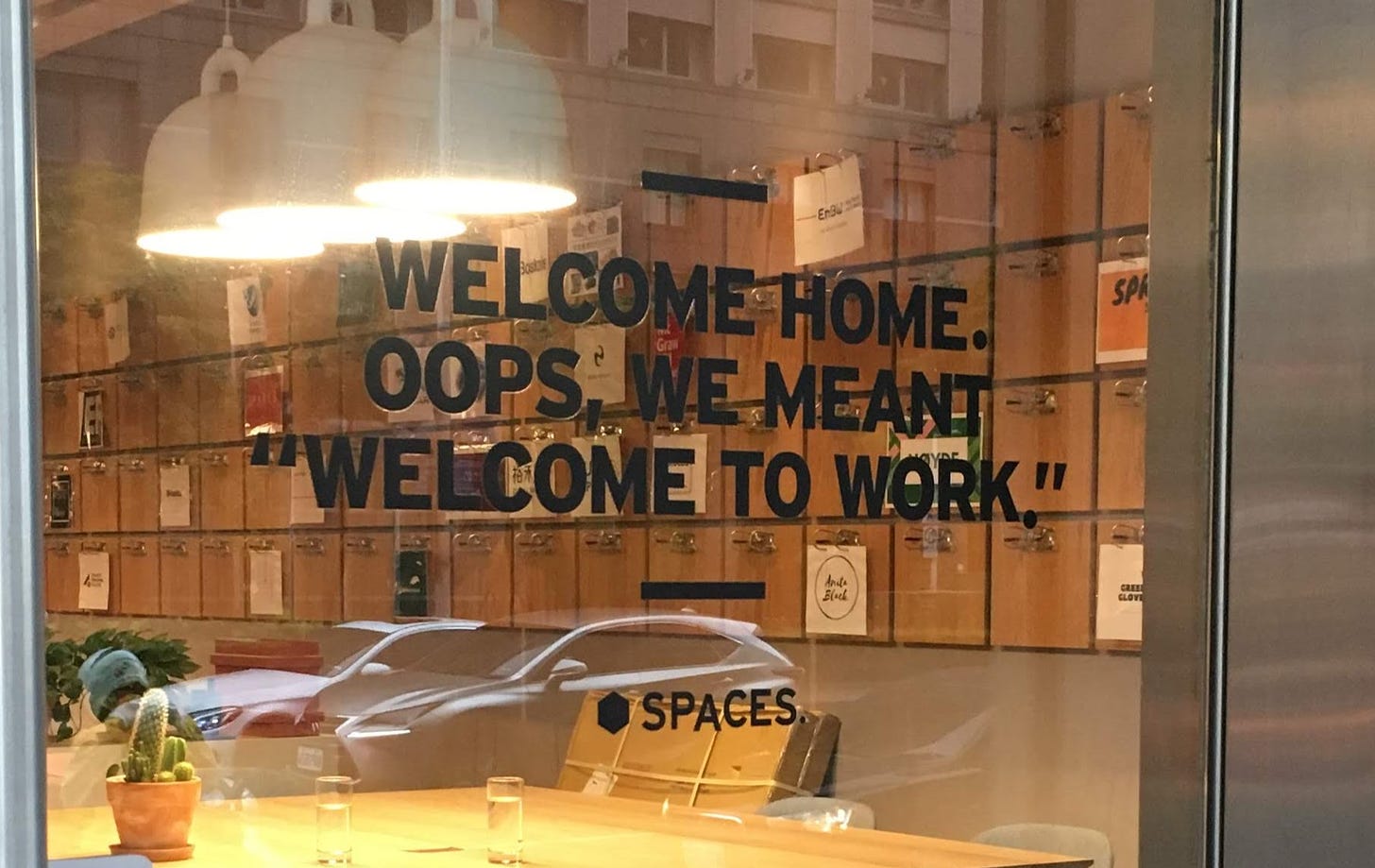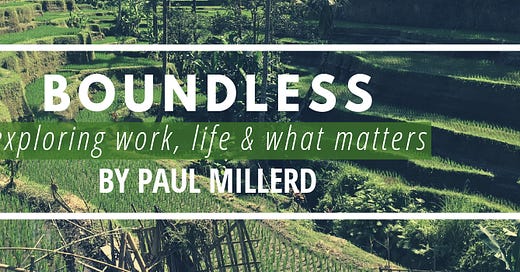Boundless #50: Joy @ Work, Childhood Career Ambitions
Finding Joy @ Work | What Do You Want To Do? | Specialization

May 4th, 2019: Greeting from Taipei! Enjoy this shorter version of the newsletter this week due to coming down with a nasty cold.
=> I’m headed back to the US in June/July, check the last issue for ways we could work together when I’m home
👍 Thanks to the newest patron Martha! If you’d like to support the podcast, consider becoming a paying subscriber or patreon supporter.
#1 Podcast: Building A Company With Joy

Rich was a fascinating podcast guest. He has a personal passion to “end suffering in the workplace” and has been walking the walk with his company, Menlo Innovations, since 2001. We talked about:
How coding went from passion to “just a job”
How he decided to take a different path after burning out in his 30s
How “pair-working” works at his company - 2 people, 1 computer, 5 days
How he implemented pay transparency & achieved gender diversity in tech
Why people are scared of words like “joy” in the workplace
🎧 Listen: Web | Itunes | Overcast | Spotify | Google
#2 The Anxiety of Parenting In The Modern World
Adam Grant published an article suggesting we should stop thinking about what kids are going to “be” and instead focus on who they could be:
When you’re asked what you want to be when you grow up, it’s not socially acceptable to say, “A father,” or, “A mother,” let alone, “A person of integrity.” This might be one of the reasons many parents say their most important value for their children is to care about others, yet their kids believe that top value is success.
…the study he references highlighted the gap between what parents claim to care about and what children thought their parents cared about.
According to a 2012 study, 96% of parents surveyed viewed developing moral character in children as “very important, if not essential” and highly valued their children “being honest, loving, and reliable”(Bowman et al., 2012). Research suggests that most parents across race/ethnic groups value caring or “benevolence” more than achievement and are far more likely to value “benevolence” over “power” (Suizzo, 2007).
…yet when they surveyed 10,000 students about what they think their parents value, this is what resulted:

Either the parents are lying or the children are misreading their parents. I would guess that the children are reading their parents actions correctly.

#3 Zhuazhou in Chinese Culture
In Chinese culture, the first birthday there is a tradition of Zhuazhou, which is when a child crawls across the room and selects an item that represents their future:
Originating centuries ago, the zhua zhou ceremony is a mash-up of the Chinese words for “pick” and “first anniversary” and represents the “birthday grab” celebration, similar to the Korean “doljanchi” and Vietnamese “thôi nôi.” A variety of (safe) symbolic objects are laid out in front of the baby for it to grab, indicative of potential future careers, and whatever the baby reaches for and plays with is in the cards for your baby’s employment prospects.
I always try to default to the charity principle, looking for the best possible explanation of things. Surely this is quite harmless, but the modern version of this does seem to align with the above survey results on kids thinking their parents care solely about achievement.
#4 Wendell Berry On Specialists
The specialist system fails from a personal point of view because a person who can do only one thing can do virtually nothing for himself. In living in the world by his own will and skill, the stupidest peasant or tribesman is more competent than the most intelligent worker or technician or intellectual in a society of specialists.
and
One of the most troubling characteristics of the specialist mentality is its use of money as a kind of proxy, its willingness to transmute the powers and functions of life into money. “Time is money” is one of its axioms and the source of many evils—among them the waste of both time and money. Akin to the idea that time is money is the concept, less spoken but as commonly assumed, that we may be adequately represented by money. The giving of money has thus become our characteristic virtue.
From The Unsettling Of America
#5 Good branding or a dark side of work?

#6 Links, Reads & Listens
💲 Khe He built a “real income” calculator for you to figure out how much you really make
👷♀️ Stop Asking Kids What They Want To Be (Adam Grant, NYT)
💗This podcast with Marc Maron and Brene Brown on vulnerability and shame was fascinating. Similarly, the Netflix special was worth watching.

📬 E-Mail Me
I want to make this newsletter an ongoing experiment and co-creation with the many members that read and follow along. What questions do you want me to write about? Anything you are working on that I can share? What quotes are inspiring you?
More stuff I’ve been working on:
🔥 Take The Three-Week Self-Employment Challenge over at BoundlessU
💬 What questions are on your mind? Join the conversation in the Boundless slack community
☕ Interested in Working with Paul?
🔨 Get access to the Boundless toolkit and tools for self-employment here
🎁 Want to become a supporter of this humble newsletter? Support on Patreon with a micro-donation
Subscribe to Pathless by Paul Millerd
Unexpected takes on the modern world of work. Paul explores our obsession with work and the default path of success and tries to imagine new possibilities for how we can conceive of life, work & what matters.




